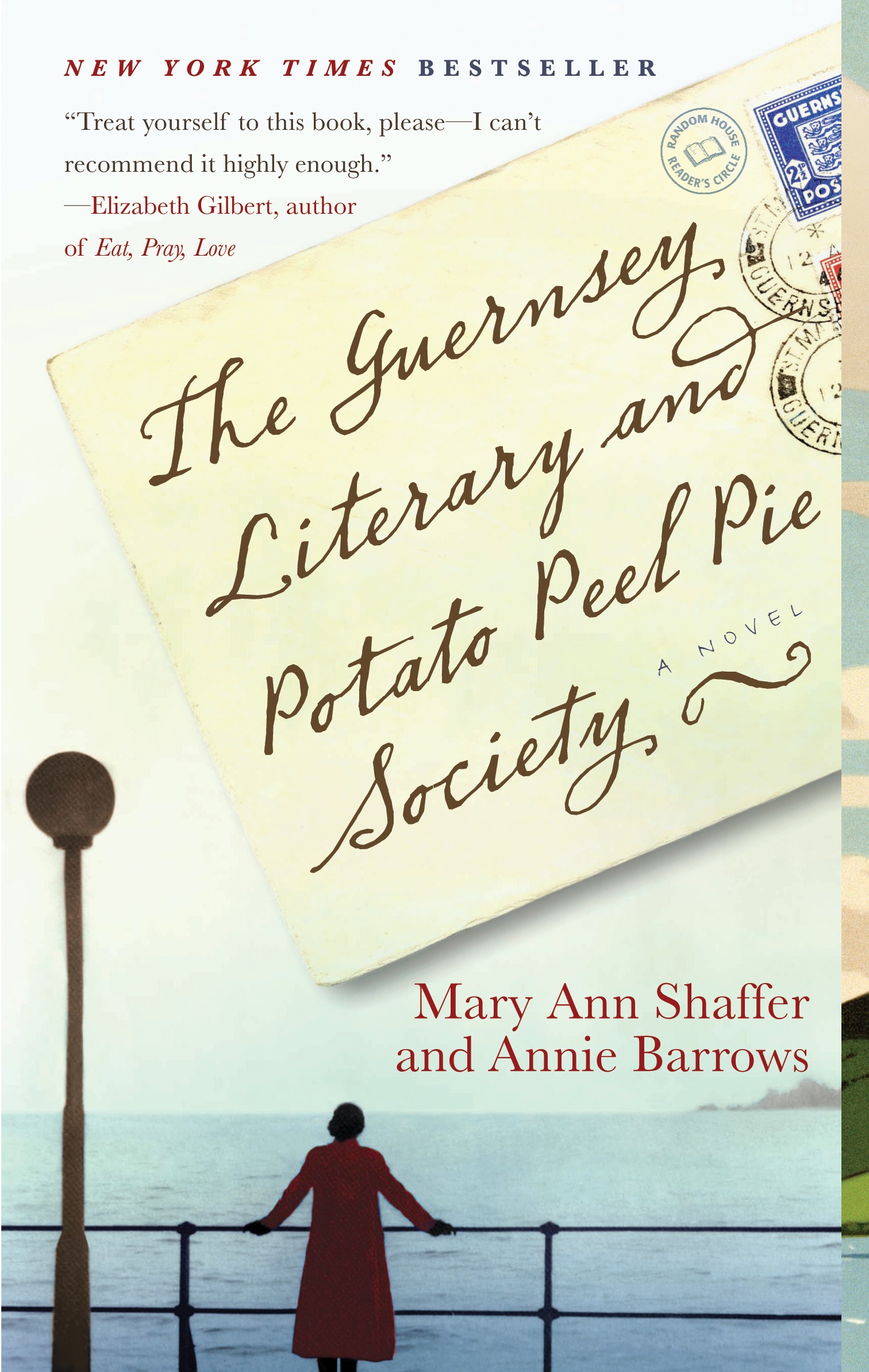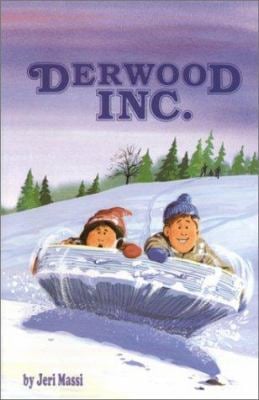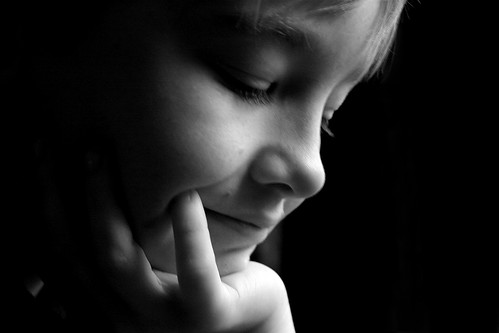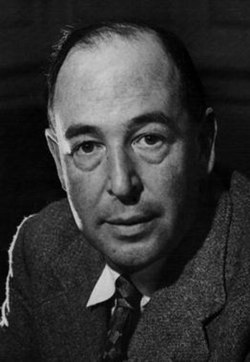"I am going to tell you one of my faults, for it continues, I fear, to be one of my faults still, as it certainly was at the period of which I am now writing. I am very fond of books. Do not mistake me. I do not mean that I love reading. I hope I do. That is no fault - a virtue rather than a fault. But...I am foolishly fond of the bodies of books as distinguished from their souls, or thought-element. I do not say I love their bodies as divided from their souls; I do not say I should let a book stand upon my shelves for which I felt no respect, except indeed it happened to be useful to me in some inferior way. But I delight in seeing books about me...." - Annals of a Quiet Neighbourhood
Isn't that a smiley-sort of passage? Despite the sometimes-too-long-winded rambling style of this book, I can't help but enjoy it exceedingly. Who could, with such a kindred spirit as the main character?
Day 8: What is the most overrated book?
I could list a ton of books here...most of which I've never read. Or, at least, most of which I've never read completely. Maybe this renders me unreliable in my judgements, so I purposely abstain from listing several books or series I have never touched and never plan to touch. Instead, I submit a book of which I have read only an abridged version (scandalous, I know, but being only 11 or 12 when it happened, I didn't know it was abridged). For those of you who have read the "real thing", feel free to tell me if my impressions are unjust or incorrect!
Yes, it's true, I think Jane Eyre is overrated. Not because of the quality of literature the Bronte sisters wrote - they were certainly marvelous authoresses - not because of the dark and rather trapped feeling of the story - Charlotte certainly did a good job drawing you in and helping you empathize with the feelings of Jane, and I admire it - but because of the bare-bones morals - or, lack thereof - of the happily-ever-after ending.
The story begins with a wonderful heroine who, despite mistreatment and abuse throughout her childhood, despite all causes for anger, bitterness, and resentment she could justly foster, grows up sweet, and humble, and useful. After becoming a governess, though, she falls in love with a man who apparently holds no scruples about falling in love with, proposing to, and marrying a second wife while his first still lives. The first wife is mad, you know, so it is understandable - indeed, would be perfectly all right except for the pesky detail of the law - that he feels no attachment or sense of duty to her. You must understand that. Jane must understand that. We must all feel that it is a terrible and unfortunate occasion: this wife of his being alive. And don't bother think ill of his character because he never breathed a word about his wife to Jane, and was deceiving her by keeping her in the dark about his first wife. It would have been fine...somehow.
Knowing and acting upon what is right, Jane immediately leaves the house for almost-the-rest-of-the-book. But not quite. In the end, spurred (and, we are made to feel, justified) by an undesirable, and indeed, becoming-improper - or at least unwise - situation in her current living accommodations (not of her making, but of another's) she again sets out to return to her beloved Mr. Rochester.
This is where I stop and ask What is she going back for? What righteous justification was there in her mind for returning to him? Maybe this is explained in the non-abridged version, but put yourself in her place and ask, Was it the right thing to do? I cannot think or see how it could be.
Of course, it all turns out all right because, unbeknownst to Jane, there has been a fire in the great house. Mr. Rochester's flippant character toward the solemnity of marriage is completely cleared by the fact that he ran up to try and save his crazy wife during the fire, and the inconvenient circumstance of her being alive - the only thing, you know, that stood between Mr. Rochester and Jane in the beginning - is happily alleviated by her jumping out of a window. We are happy she is dead and gone, happy Mr. Rochester and Jane can now be together, and "they all lived happily ever after. The End."
Maybe I slam the book harder than I mean to - I don't necessarily think it ought to be banned, or shunned, or looked down upon. It certainly is a great book for discussion. It would certainly be interesting to read as part of a study on Charlotte Bronte's beliefs, personality, and the philosophical and religious climate in which she lived, which could not but help shape her own thoughts on these subjects. It certainly is an interesting character study. Only I think it is overrated as a "good", "sweet", or "pleasant" story, and not necessarily one which ought to be praised and enthused over without careful thought.
Forgive me, my Jane Eyre-loving friends, correct me if I'm wrong, and tell me - what book do you think is overrated?



























